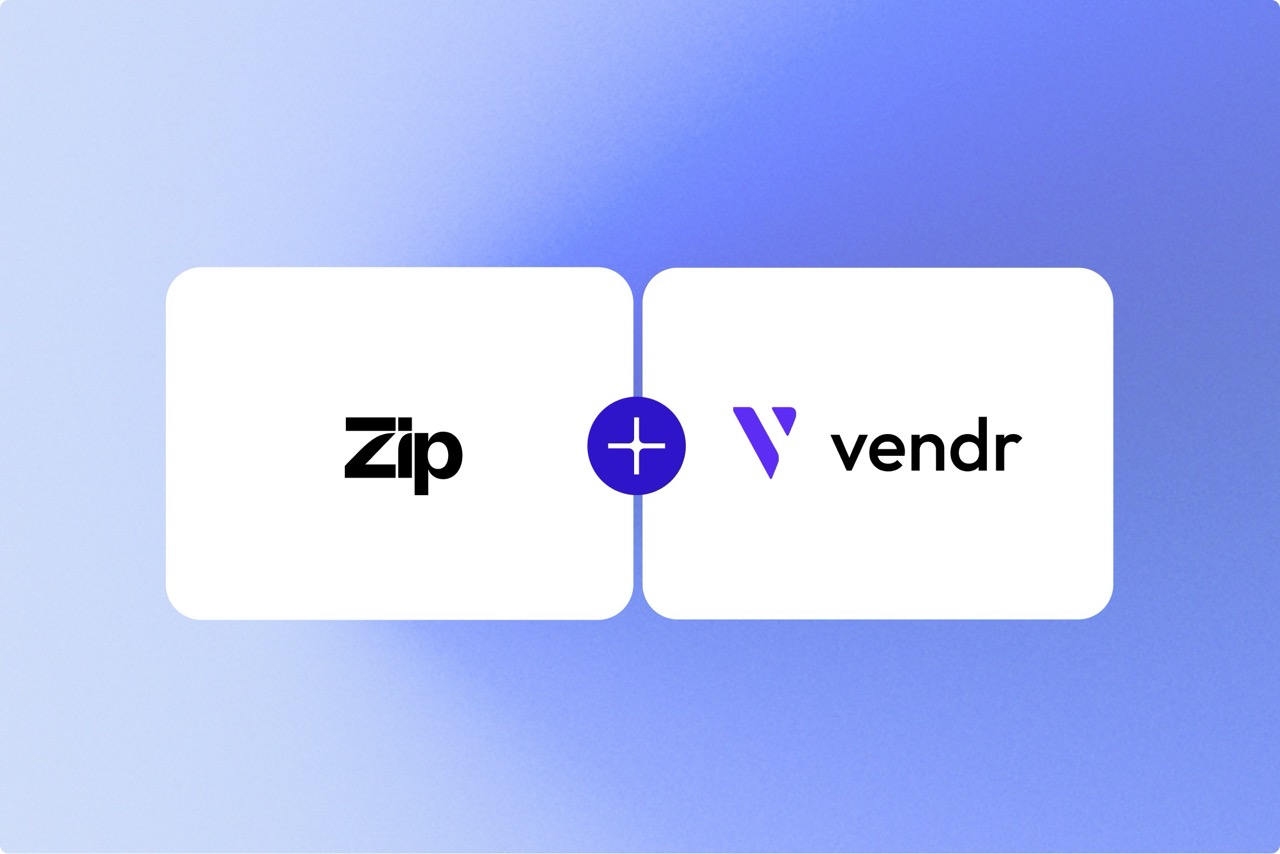Crunchbase vs. Pitchbook: Exploring the Differences and Value for Money
Evaluate Crunchbase and Pitchbook side-by-side. A guide to making an informed financial decision.

For professionals, entrepreneurs, and investors, access to high-quality data is paramount. Platforms like Crunchbase and Pitchbook have carved out niches for themselves as go-to sources for insights into startups, funding, and investors. In this article, we'll delve into the differences between Crunchbase and Pitchbook, with a specific focus on Pitchbook's value.
Pitchbook's Promise and Impressive Database
One user's experience serves as an illuminating starting point. They embarked on the journey to develop a robust fundraising strategy for their early-stage startup, which had already secured a $750k convertible note. Their expectation was that Pitchbook would prove to be a valuable asset in this endeavor.
Pitchbook's database quickly caught their attention. It boasted a comprehensive and robust collection of early-stage investor data, which they found to be remarkably accurate. In comparison, the accuracy of Crunchbase's data fell short. This initial impression of Pitchbook's data quality set high expectations.
The Challenge of Translating Data into Action
However, the true litmus test was turning this treasure trove of data into actionable insights. While the intent was explicit from the outset, translating this rich data set into something useful proved to be an uphill battle. Despite the user's clearly defined objectives, they encountered challenges in effectively leveraging Pitchbook's resources.
From Intent to Obstruction: An AE's Influence
The user's experience with Pitchbook was a tale of two phases. Initially, the Inside Sales Representative (ISR) appeared aligned with the user's goals, showing a genuine intent to enable their success. This collaborative spirit persisted right up until the contract was signed.
However, post-agreement, there was a stark transformation in the user's interactions. The Account Executive (AE) took center stage and, instead of facilitating the user's objectives, began to obstruct them. The user described the AE's behavior as combative, a far cry from the cooperative approach of the ISR.
Fee Extraction and Growing Resentment
The rift between the user and Pitchbook widened as the AE continued to interfere with the user's intended use of the product. Moreover, the AE attempted to extract additional fees, demanding 50-100% increases on what had already been paid. As a result, the user's relationship with both the company and the money spent on the subscription soured, culminating in growing resentment.
Crunchbase vs. Pitchbook: A Comparative Analysis
Now that we've gained insights into Pitchbook's strengths and challenges, let's broaden our perspective by comparing it to Crunchbase. Understanding the differences between these two platforms can help you make an informed decision about which one aligns better with your specific needs.
Data Quality and Coverage
Both Pitchbook and Crunchbase are known for their extensive databases, but the key distinction lies in data quality. As our user's experience highlighted, Pitchbook often provides more accurate and comprehensive early-stage investor data, making it a valuable resource for startups seeking funding. On the other hand, Crunchbase, while reliable, may have a higher margin of error in its data.
Usability and User Experience
Usability plays a pivotal role in determining the effectiveness of these platforms. Crunchbase is celebrated for its user-friendly interface, making it accessible to a wide range of users, including those without extensive financial backgrounds. Pitchbook, however, might entail a steeper learning curve due to its complexity.
Customer Support and Relations
Customer support is another critical aspect. It's vital to consider the level of support and responsiveness you can expect from each platform. Crunchbase is generally praised for its customer-centric approach, while Pitchbook's support may vary based on individual experiences.
Pricing and Value for Money
Cost is a significant consideration for businesses and entrepreneurs. Crunchbase often provides cost-effective subscription options, making it accessible to startups and small businesses. Pitchbook, while offering a more extensive dataset, may come at a higher price point, as our user experienced.
In Conclusion
In the clash between Crunchbase and Pitchbook, the choice boils down to your specific needs and priorities. Crunchbase excels in user-friendliness and cost-effectiveness, making it attractive to startups and small businesses. Pitchbook, on the other hand, offers unparalleled data quality, particularly in early-stage investor information, but might pose challenges in usability and pricing.
Before making a decision, assess your objectives, budget, and the level of data accuracy you require. Reach out to both platforms for demos and trials to gauge which one aligns best with your business goals. Ultimately, the right choice hinges on your unique circumstances and how well each platform supports your journey toward success.

 Crunchbase
Crunchbase
 Pitchbook
Pitchbook










